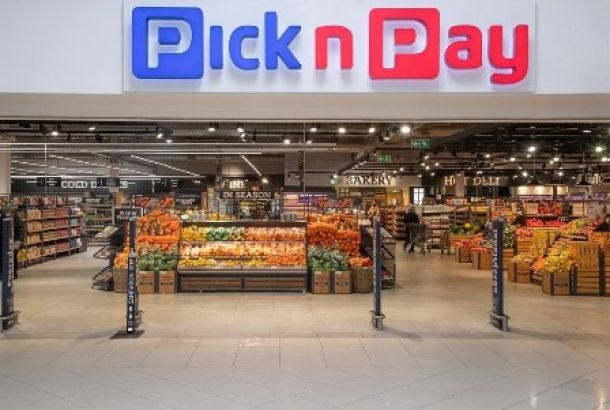The strike, which started on November 16 2018 affected operations at three of its four distribution centres and involved 2,300 of its 15,000 staff who were affiliated to the National Union of Public Service and Allied Workers.
Strike wipes R74m off Dis-Chem profits
Dis-Chem says a strike by employees that lasted nearly five months shaved up to R76.4m off its profits in the year to February.
Strike-related expenses, such as the bringing in of additional staff, security, loss of logistic fees, relocation costs and legal fees amounted to R50.4m. The pharmacies group said it also cost it about R26m in lost sales.
The total strike cost of R76.4m was equal to about 10% of its net profit of R765m for the period under review.
The strike ended with Dis-Chem not giving in to the union’s demands for a minimum wage of R12,500, an annual increase of 12.5% guaranteed for the next three years, and a guaranteed annual bonus.
Dis-Chem CFO Rui Morais said the group made some changes to how it granted bonuses but it was looking at making them before the strike. “In the end, there were no winners.”
“The demands by the union were unreasonable considering the economic climate and the nature of the industry in which we operate,” said Dis-Chem CEO Ivan Saltzman.
Rising interest rates and fuel prices, along with below-inflation wage increases have put consumers and the retail sector under enormous pressure over the past year.
Although the strike impacted its operations for the year, Saltzman maintained “they were still good results”.
Revenue was up 10% to R21.4bn, total income increased 14.2% to R6.23bn and headline earnings rose 7.4% to R734.7m.
Rival Clicks, which increased revenue by 6.2% to R15.24bn, saw operating profit rise 11.3% to R1.04bn and headline earnings increased by 12.9% to R763.3m for the half year to February.
Although these retailers are often compared, there were some differences, noted investment analyst Chris Gilmour. “What really distinguishes Dis-Chem from Clicks is that Dis-Chem is a destination store,” he said.
This meant people went into Dis-Chem with a mindset of looking for deals. “You come out with more things than you planned to buy.”
Now that the strike was behind it, the company said it was focused on developing “a productive employer-employee relationship, improving wholesale productivity levels and cost efficiency, as well as optimising the levels of stock-holding in the group, which the industrial action necessitated”.
“It is pleasing to continue to see market-share gains across all of our core categories,” Saltzman said.
Market-share gains were driven partly by the low prices and “aggressive promotional activity”.
The group declared a final dividend of 13.5c, from 12.8c previously.
Meanwhile, Dis-Chem said that in the 10 weeks to May 10 2019, group revenue grew by 12%. Five stores had been added since the financial year-end and another 17 store openings were planned through to February 2020, it said.
News Category
- International retailers
- On the move
- Awards and achievements
- Legislation
- Wine and liquor
- Africa
- Going green
- Supplier news
- Research tools
- Retailer trading results
- Supply chain
- Innovation and technology
- Economic factors
- Crime and security
- Store Openings
- Marketing and Promotions
- Social Responsibility
- Brand Press Office
Related Articles

Pick n Pay plunges 16% on JSE as stock adjusts ...

SPAR suffering from a hangover

Pain for Pick n Pay

Pick n Pay disaster


